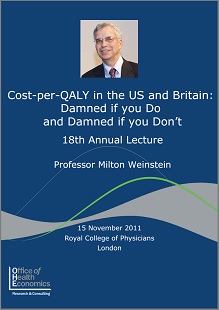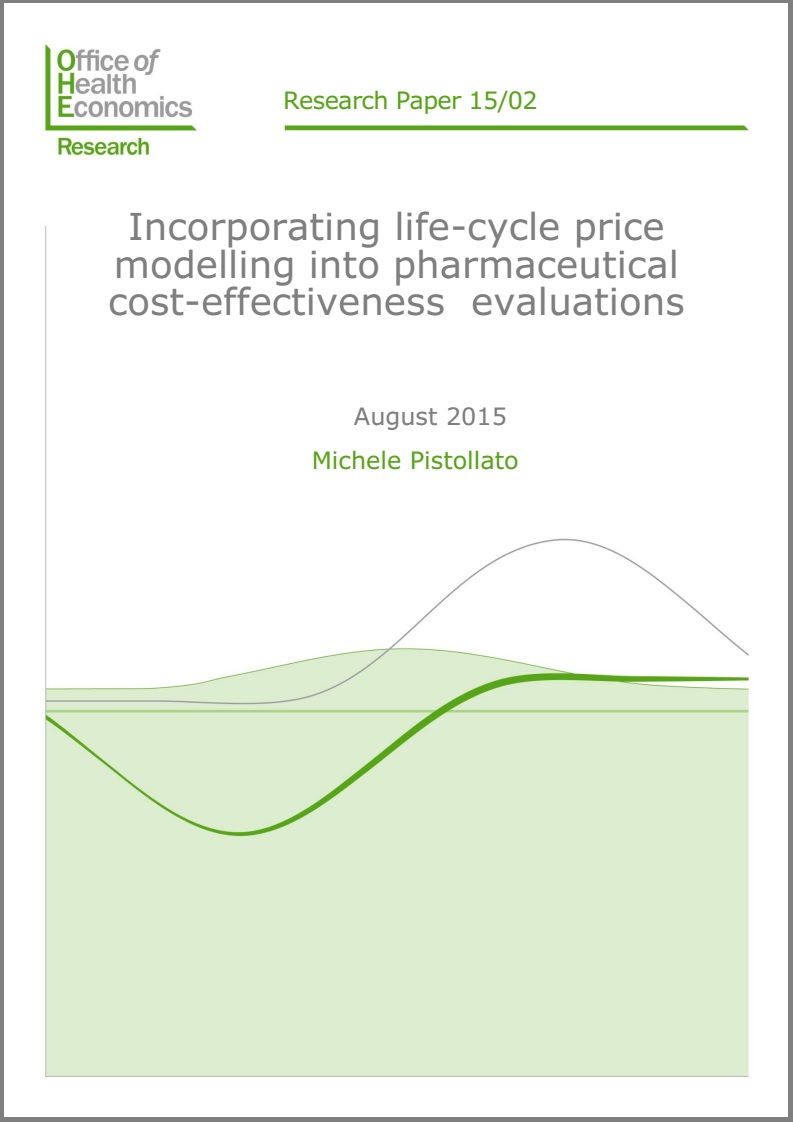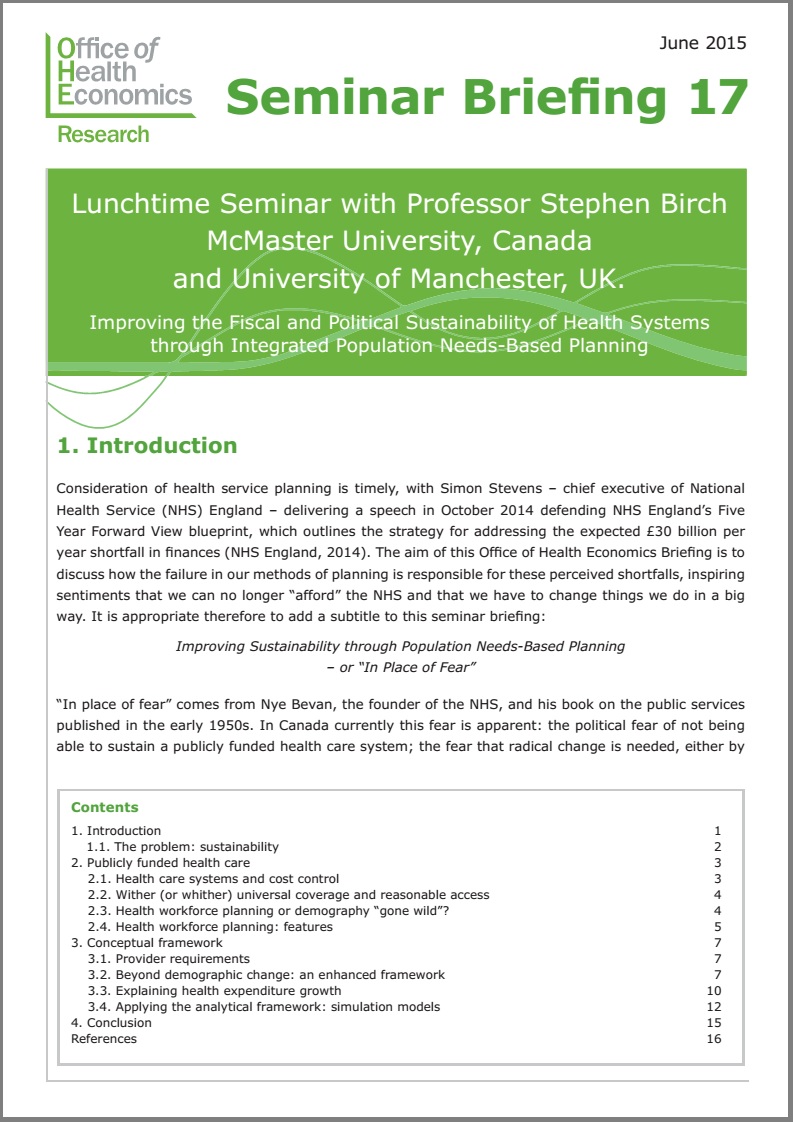Sign up to our newsletter Subscribe
Cost-per-QALY in the US and Britain: Damned if You Do and Damned if You Don’t

Sign up to our newsletter Subscribe


Progress on this important UK Medical Research Council project was discussed.
A major challenge in biomedical and health research is ensuring that research findings are effectively and efficiently translated from “bench to bedside.” The time this takes is crucial in determining the rate of return from research investments.
A major challenge in biomedical and health research is ensuring that research findings are effectively and efficiently translated from “bench to bedside.” The time this takes is crucial in determining the rate of return from research investments. Previous studies suggest that it takes on average 17 years for new discoveries to be put into practice. Different studies, however, measure rather different concepts of translation “gaps”.
To better understand the elapsed time in the translation of medical research into improved health, OHE has been collaborating with Brunel University and RAND Europe on a project funded by the UK Medical Research Council. This same team produced the highly influential 2008 report Medical Research: What’s It Worth? The team has developed seven case studies in the fields of cardiovascular and mental health research, tracing the history of each technology from early basic research and discovery through to routine use in the NHS and other health care systems.
At a recent OHE lunchtime seminar, Jonathan Grant (RAND Europe) and Jon Sussex (OHE), members of the research team, explained the motivation for the study, current knowledge about elapsed times in medical research, and progress with the project to date.
The case studies selected were deliberately diverse to test a model capable of representing and clarifying elapsed times in all kinds of medical research. The team has looked at medicines (amlodipine and olanzapine), screening (for abdominal aortic aneurysms), public health (smoking reduction), psychosocial interventions (cognitive behavioural therapy for depression and for schizophrenia), and service reorganisations (early intervention to prevent and treat psychosis).
The study will be completed in January 2014 and the findings will be published as soon as possible after that.
Jon Sussex
An error has occurred, please try again later.
This website uses cookies so that we can provide you with the best user experience possible. Cookie information is stored in your browser and performs functions such as recognising you when you return to our website and helping our team to understand which sections of the website you find most interesting and useful.
Strictly Necessary Cookie should be enabled at all times so that we can save your preferences for cookie settings.
If you disable this cookie, we will not be able to save your preferences. This means that every time you visit this website you will need to enable or disable cookies again.
This website uses Google Analytics to collect anonymous information such as the number of visitors to the site, and the most popular pages.
Keeping this cookie enabled helps us to improve our website.
Please enable Strictly Necessary Cookies first so that we can save your preferences!
